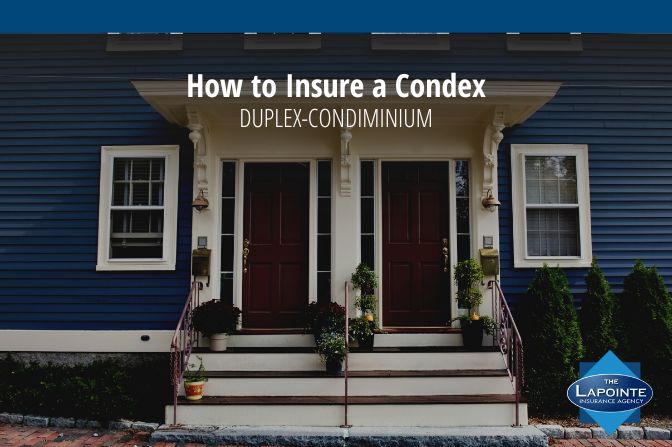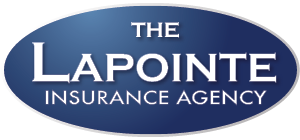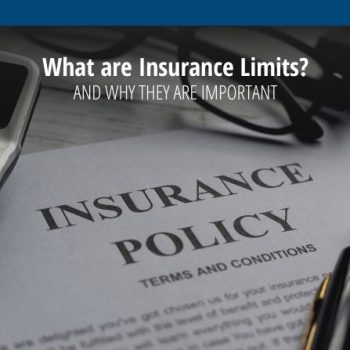How to Insure a Condex Property
- Posted by Daniel Simcock
- On March 16, 2023
- aggregate limit, auto insurance, bodily injury, home insurance, liability, liability insurance, limits, per occurence, property damage

Main Ideas
- Condex properties are a type of housing where two separate living units are built side-by-side and share a common wall, with each unit owned separately but often sharing common spaces.
- Insuring a condex property can be more complicated than insuring a traditional single-family home because of the unique ownership and insurance structures.
- To properly insure a condex property, it’s important to have the right coverages in place, such as dwelling coverage, liability coverage, personal property coverage, loss of use coverage, and condo association coverage, and work with an experienced insurance agent who understands the challenges of insuring a condex property.
As a homeowner, insuring your property is one of the most important steps you can take to protect your investment. This is especially true for those who own a condex property, which can be more complicated to insure than a traditional single-family home. In this article, we’ll explain what a condex property is, why it can be complicated to insure, and what coverages you should get to properly insure your condex property.
First, let’s define what a condex property is. A condex is a type of housing where two separate living units are built side-by-side and share a common wall. Each unit is owned separately, but the owners often share common spaces such as driveways, yards, and maintenance costs. This type of property is common in New Hampshire and other parts of the country.
One of the main reasons why condex properties can be more complicated to insure is that they have unique ownership and insurance structures. Unlike traditional single-family homes, where one owner is responsible for the entire property, condex properties have two separate owners who are responsible for insuring their own units. This can lead to confusion and overlap when it comes to coverage.
To properly insure a condex property, it’s important to understand the different types of insurance coverages you should get. Here are some of the key coverages you should consider:
- Dwelling coverage: This coverage will protect your unit from damage caused by covered perils such as fire, wind, and hail. It’s important to note that each unit owner will need to purchase their own dwelling coverage to protect their individual unit.
- Liability coverage: Liability coverage will protect you if someone is injured on your property or if you cause damage to someone else’s property. This coverage is especially important if you share common areas with other owners.
- Personal property coverage: Personal property coverage will protect your personal belongings inside your unit from damage or theft.
- Loss of use coverage: Loss of use coverage will provide you with living expenses if your unit becomes uninhabitable due to a covered peril.
- Condo association coverage: Your condo association should have a master insurance policy that covers common areas and other shared property. This policy will typically cover damage to the building’s exterior, roof, and common areas. However, it’s important to review the policy carefully to ensure it provides adequate coverage for your needs.
When insuring a condex property, it’s important to work with an experienced insurance agent who understands the unique challenges of this type of property. They can help you navigate the complexities of insuring a condex property and ensure you have the right coverages in place to protect your investment.
In conclusion, insuring a condex property can be more complicated than insuring a traditional single-family home. However, with the right coverages in place, you can protect your investment and enjoy the benefits of owning this unique type of property. By working with an experienced insurance agent and understanding the different types of insurance coverages you need, you can ensure your condex property is properly protected.
We hope this article was helpful. If we didn’t cover a specific question, please feel free to contribute to the comments below or reach out to us directly at info@lapointeins.com.


